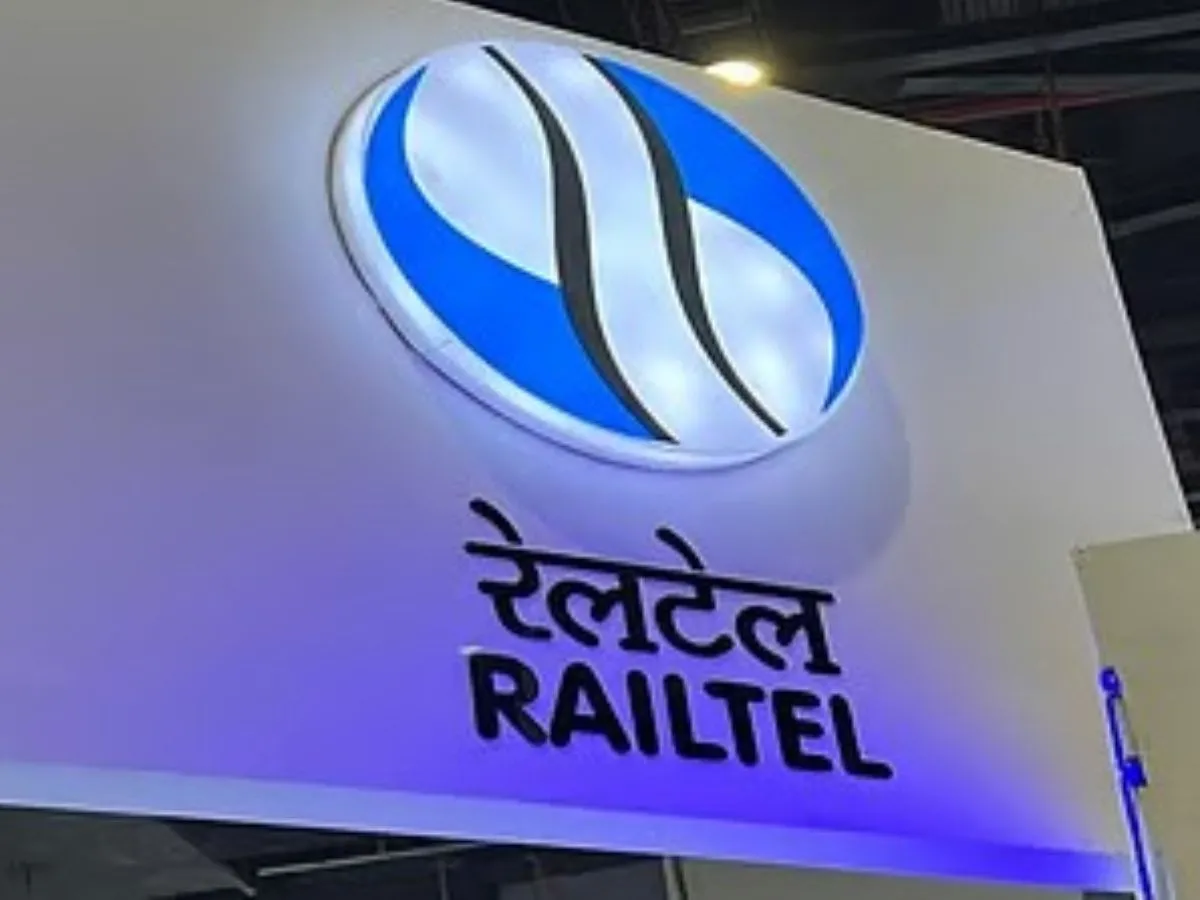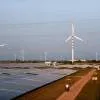Power sector to government: Ease of private sector participation necessary

India To Invest $37 Billion To Boost Petrochemical Capacity
India is set to become a major global player in the petrochemicals industry, driven by a planned capital expenditure of $37 billion (Rs 3.1 trillion) aimed at reducing import dependency and enhancing self-sufficiency, according to S&P Global Ratings.In its latest report titled “First China, Now India: Self-Sufficiency Goals Will Add To Petrochemicals Supply”, S&P said India’s large-scale capacity expansion—mirroring China’s earlier push—will likely intensify oversupply pressures in Asia’s petrochemical markets.Currently the world’s third-largest petrochemical consumer a..

Indian Railways Expands Global Exports Of Rail Equipment
Indian Railways has announced that it is rapidly emerging as a global exporter of railway equipment, including bogies, coaches, locomotives, and propulsion systems, under the government’s ‘Make in India, Make for the World’ initiative.According to an official statement, India’s railway products are now reaching over 16 international markets, reflecting the country’s growing capacity to design, develop, and deliver world-class rail solutions.Metro coaches have been exported to Australia and Canada; bogies to the United Kingdom, Saudi Arabia, France, and Australia; propulsion systems t..

RailTel Awards Rs 163 Million Contract To RTNS Technology
RailTel Corporation of India Limited (RailTel), a Mini Ratna Public Sector Undertaking, has awarded a domestic work order worth Rs 163 million to RTNS Technology Private Limited.The contract, issued on 30 September 2025, involves the supply and installation of equipment and related services for one of RailTel’s key customers. The project underscores RailTel’s commitment to advancing technology and communication infrastructure through collaboration with domestic system integrators.RTNS Technology Private Limited, an ISO-certified system integrator, provides comprehensive solutions for perim..
















